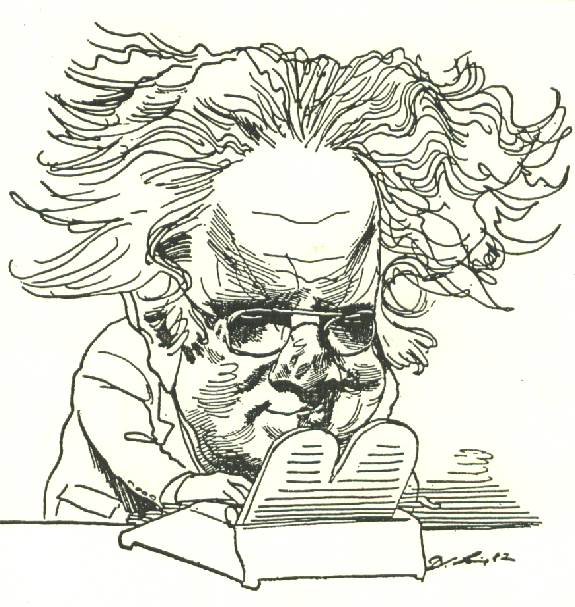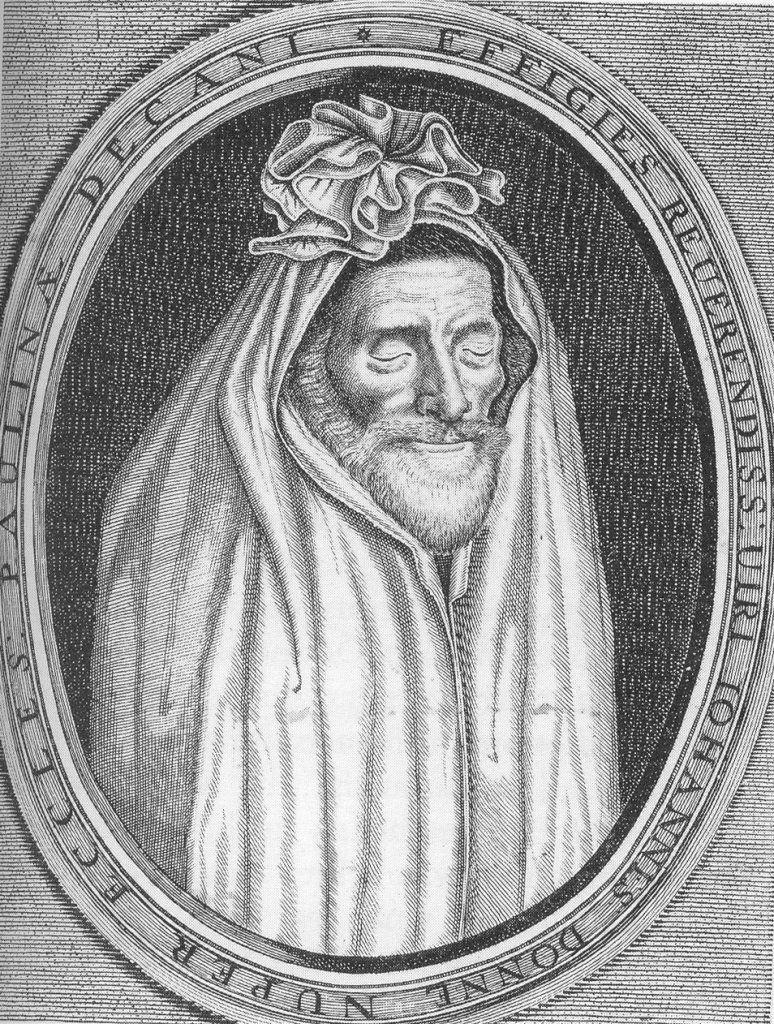As some of you may know, I and my partner at our production company, ARCHIVEsync, aim to produce and distribute a series of 24 DVDs based on Frye’s classic 1981/82 lectures on the Bible and Literature. As staff producers at the then U of T Media Centre, we videotaped the lectures and related seminars, and edited them into 30 half hour programs called The Bible and Literature: A Personal View by Northrop Frye. This was a video-only series using excerpts from the lectures and seminars and designed for broadcast time slots and supplementary use by teachers in the classroom. The original recordings, some 300 individual 20-minute tapes, went to Robarts archives where (excepting Robert Denham’s publication of the lecture transcripts) the original videotapes have remained unheeded ever since.
ARCHIVEsync’s plan is to go back to the original recordings and reproduce the complete lectures, plus cogent selections from the seminars, not simply as videos but on the New Media platform of DVD-ROM and web based delivery, which includes interactive data such as lecture transcripts, explanatory notes, study guides, and bibliography. Unlike the earlier half-hour series, this series contains the complete lectures and is not designed as a teaching aid; it is a direct information tool for researchers, students, and the reading public. Sitting down to a Frye DVD will be a private experience not unlike reading a book, with the added advantage interactive navigation to various kinds of pictorial and contextual information.

